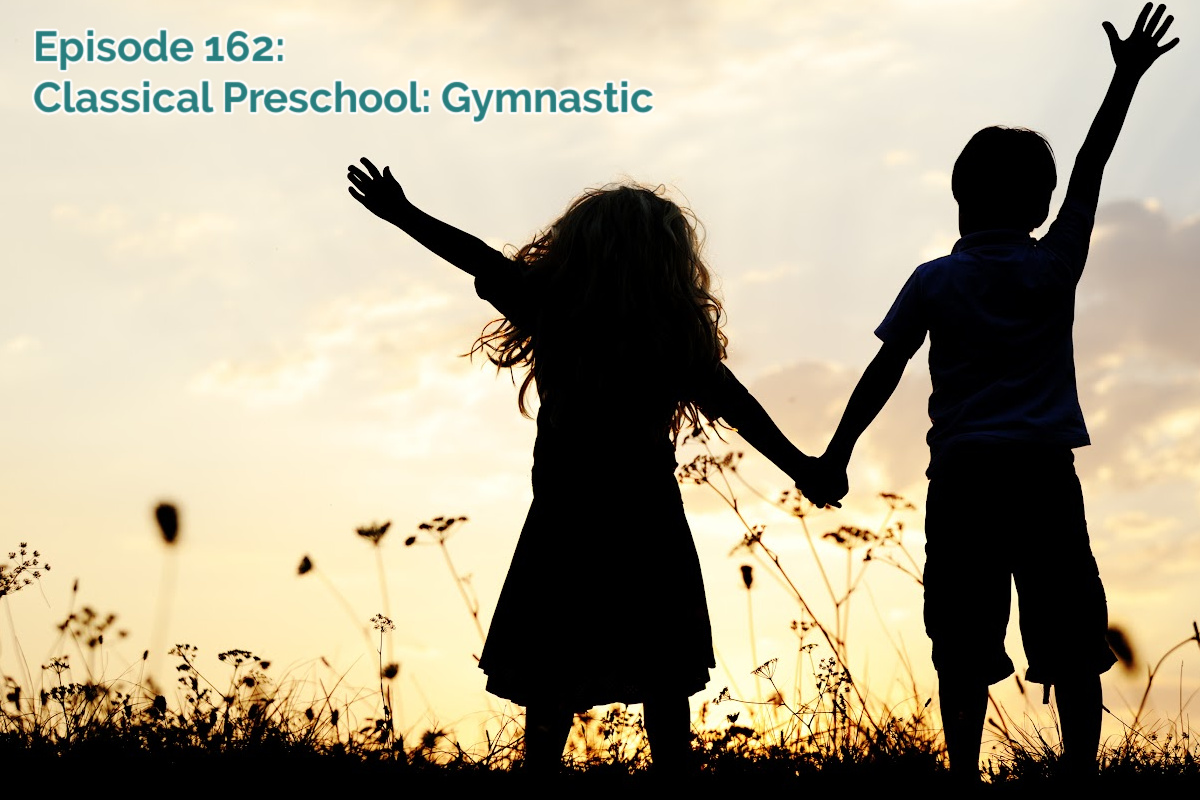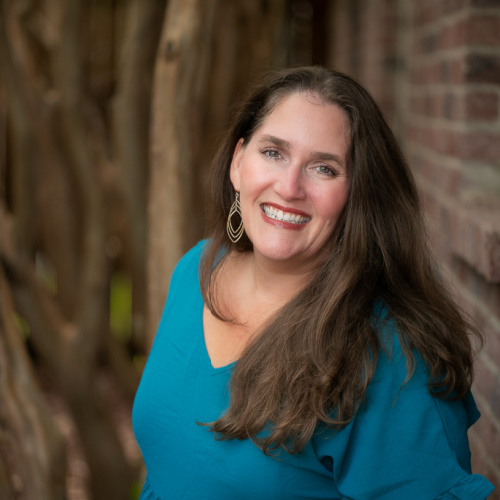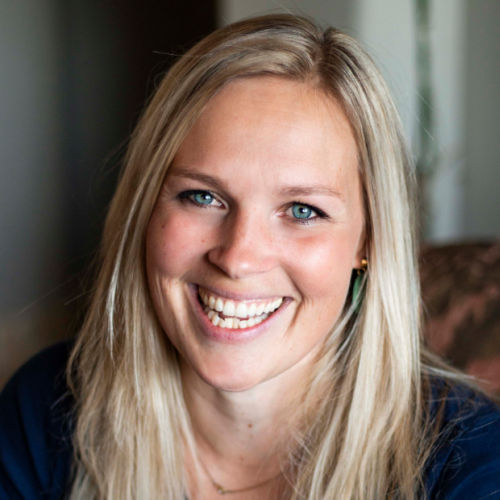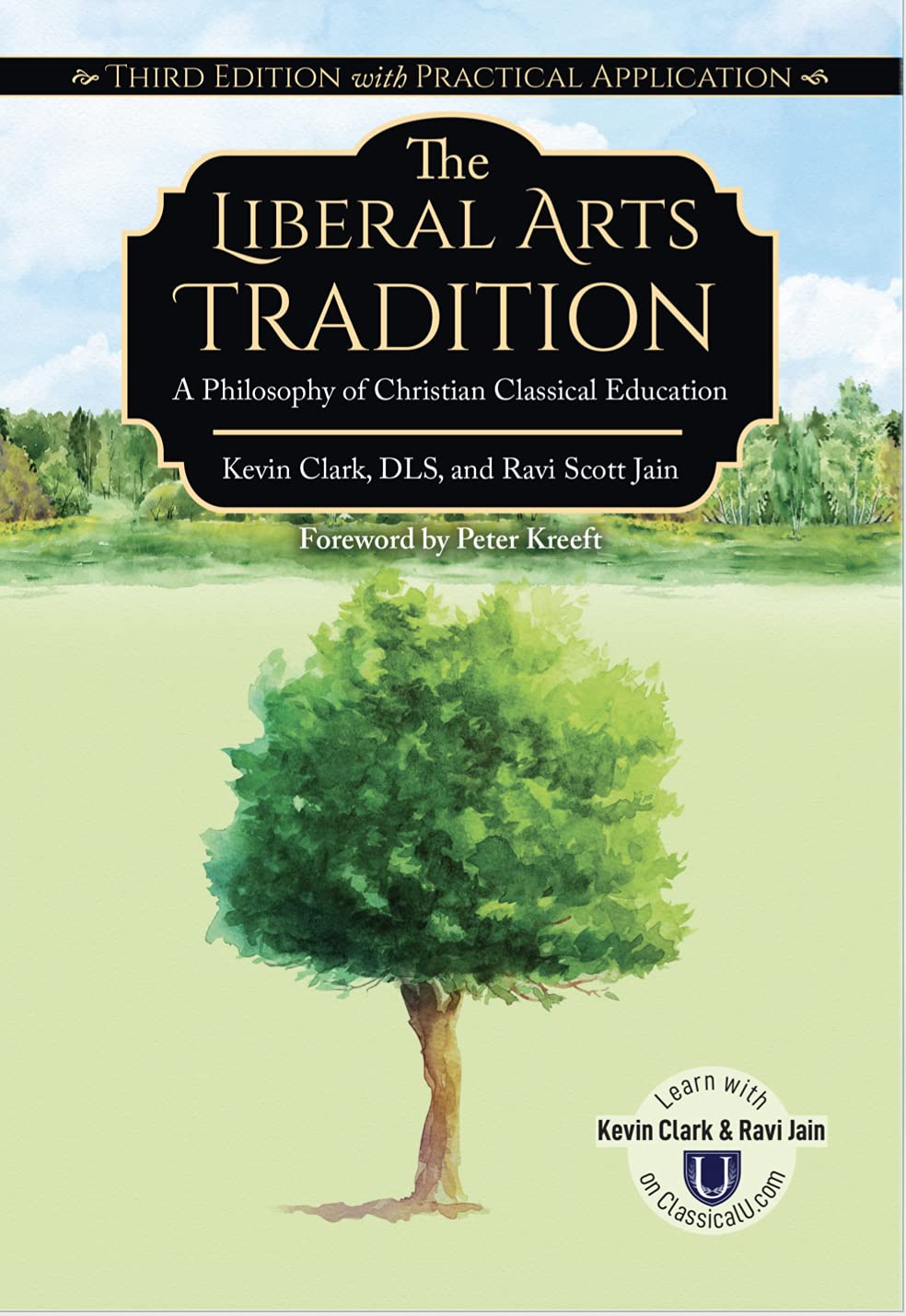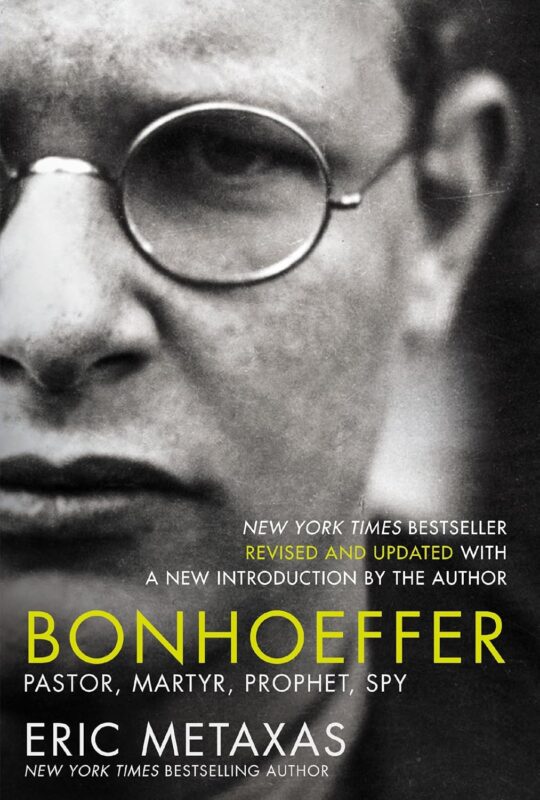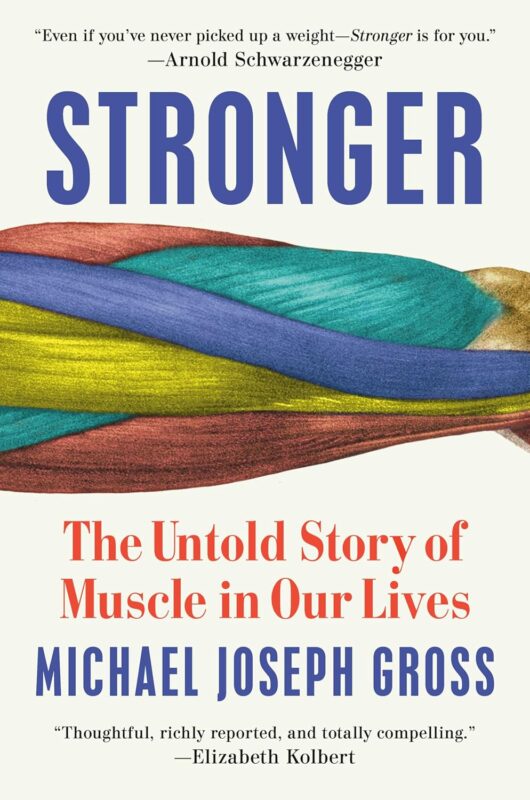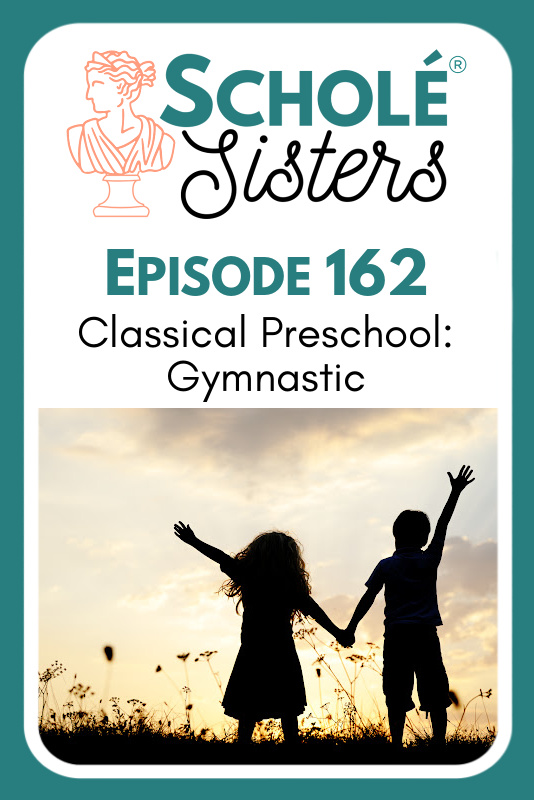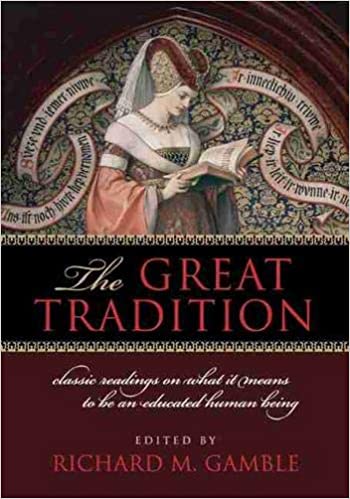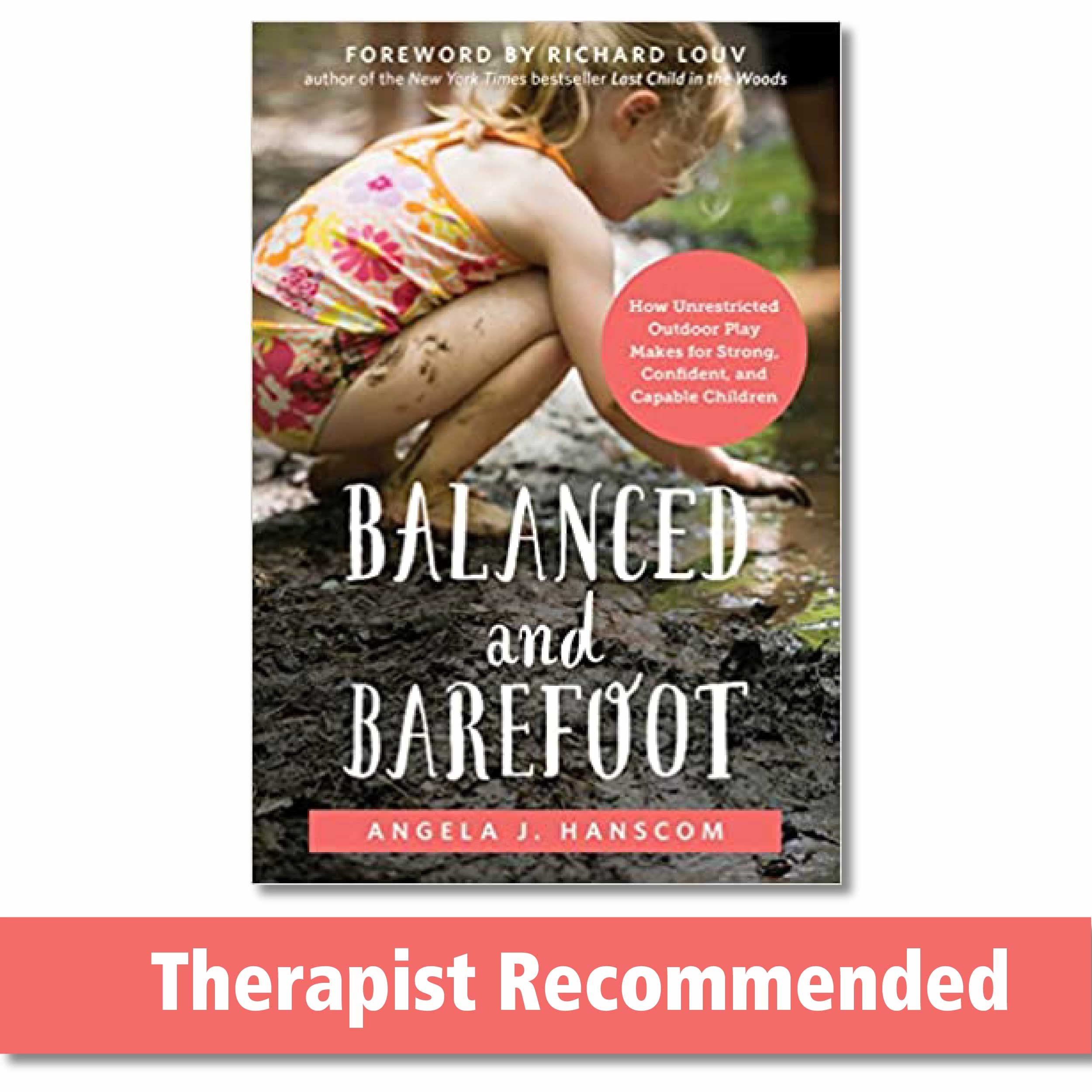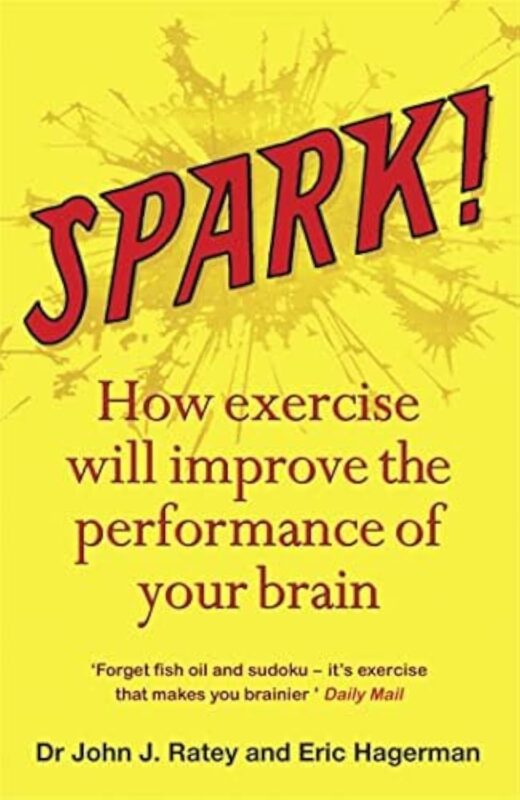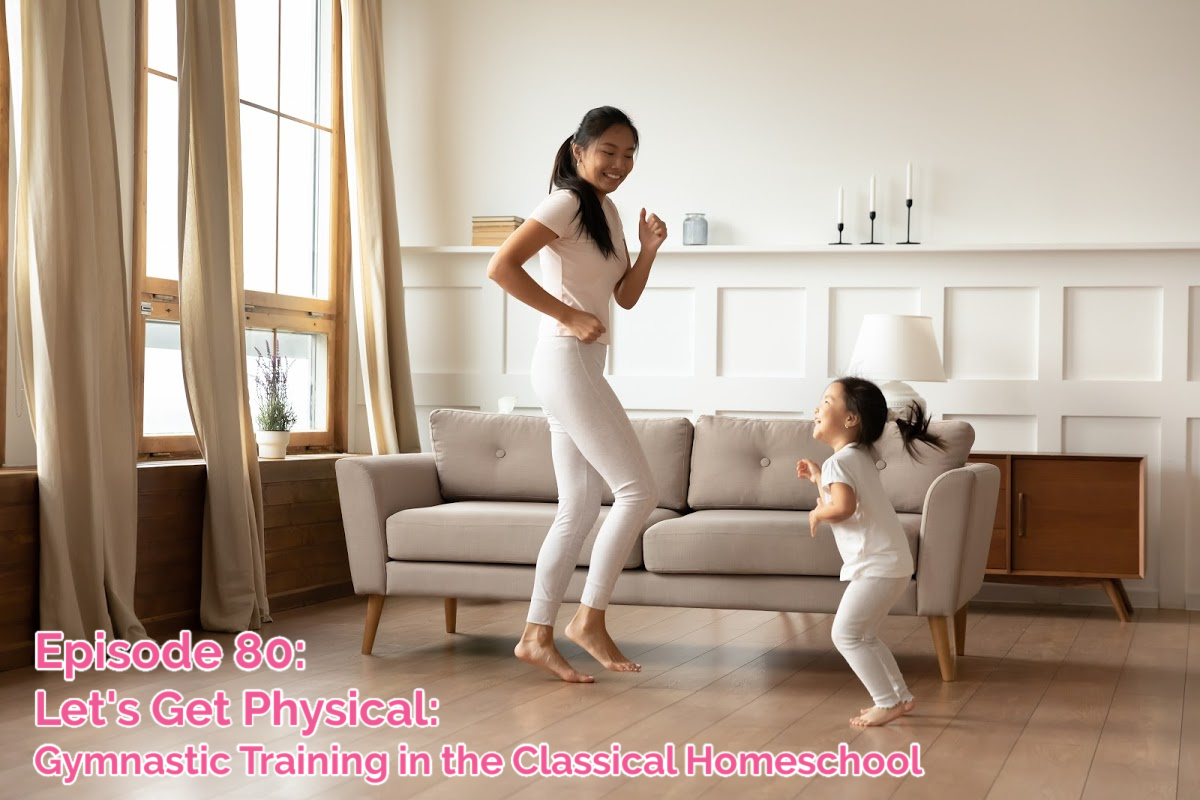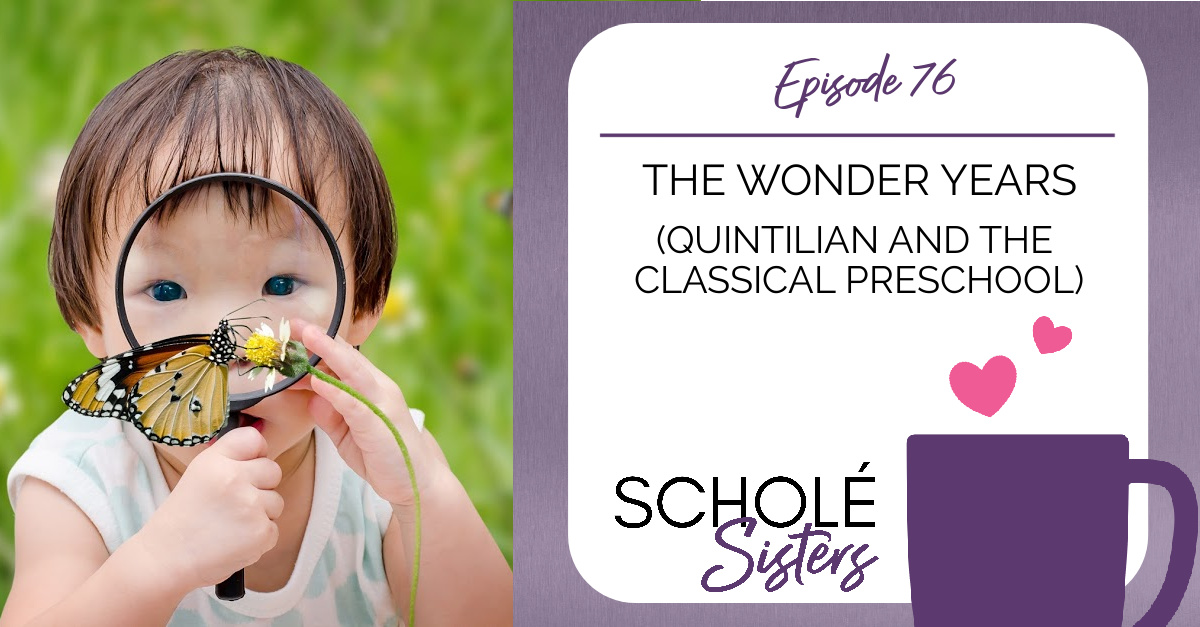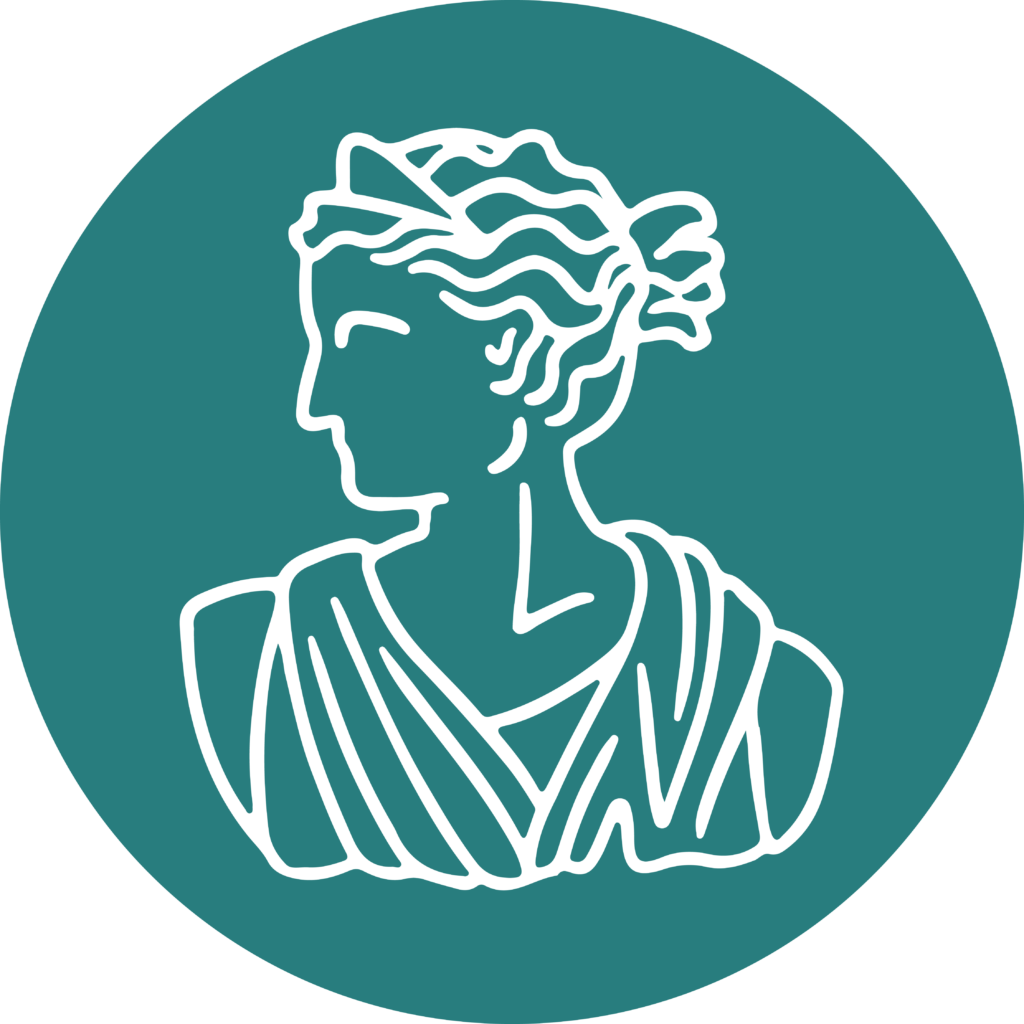SS#162: Classical Preschool – Gymnastic
Classical education isn’t just academics or “fancy smart.” The seven liberal arts are a middle step; earlier years require a different kind of formation.
Preschool (roughly ages 3–5, maturity dependent) should major on gymnastic—foundational bodily self-discipline and control—not early formal academics.
Homeschool Preschool, Best Preschool
Today’s Hosts and Source
The Liberal Arts Tradition: A Philosophy of Christian Classical Education introduces readers to a paradigm for understanding a classical education that transcends the familiar 3-stage pattern of grammar, logic, and rhetoric. Instead, this book describes the liberal arts as a central part of a larger and more robust paradigm of classical education that should consist of piety, gymnastic, music, liberal arts, philosophy, and theology. The Liberal Arts Tradition also recovers the means by which classical educators developed more than just intellectual virtue (by means of the 7 liberal arts) but holistically cultivated the mind, body, will, and affections. This is a must-read for educators who want to take a second big step toward recovering the tradition of classical education.
Scholé Every Day: What We’re Reading
Bonhoeffer, Eric Metaxas
Mystie read this book ten years after her sons with her local book club in the summer. She notes the education Mrs. Bonhoeffer gave her children.
Stronger: The Untold Story of Muscle in Our Lives, Michael Gross
Abby is reading this fascinating and history-based account of strength training for women.
classical education is not just about academics
When people first encounter the phrase “classical education,” it’s easy to picture shelves of great books, children reciting Latin, and high academic achievement. The impression is that classical students will be “fancy smart.” But that vision misses the point.
In fact, the seven liberal arts—the grammar, logic, rhetoric, and the quadrivium—are only a middle step in the tradition. They are tools meant to prepare a person for lifelong learning, not an end in themselves. And before a student can handle those tools, something more basic must be laid.
Historically, education did not push children into reading or writing at age four or five. Formal academics did not begin until much later, often closer to eight or even twelve. That was not because earlier years were unimportant, but because people understood that young children needed a different kind of formation. Pushing academics early is a modern distortion, and it ignores what children actually need in their first stage of growth.
The preschool years—whether three, four, or five depending on maturity—are about forming habits, tastes, and the capacity for self-control. They are about giving children a structure for life, delighting in the world, and learning to use their bodies, senses, and minds in a controlled way.
That is why classical education speaks of gymnastic as the first step. Gymnastic means bodily self-discipline—training the body for control, health, and agility. It is not a narrow program of athletics, but a recognition that the body is part of the whole person, and the person must be formed as a whole.
So classical education cannot be reduced to academics. Academics alone produce imbalance. The tradition insists that a strong foundation of bodily discipline, habits of obedience, and delight in life must come first. Only then can the liberal arts do their preparatory work for a lifetime of learning.
what gymnastic is classically
When classical writers speak of gymnastic, they don’t mean Olympic gymnastics or organized sports alone. Gymnastic is bodily self-discipline—learning to control and strengthen the body as part of forming the whole person. The Greeks recognized that education had two branches: music for the soul and gymnastic for the body. Both were necessary, both began early, and both continued through life.
In the preschool years, gymnastic means laying a foundation of physical control. Children need to learn how to use their bodies with strength, balance, and awareness. This is not optional. Everyone has a body, and neglecting it neglects the whole person.
Gymnastic in this broad, classical sense is not a program to outsource or a set of expensive activities. It is woven into family life—through play, habits, chores, and daily expectations. By practicing gymnastic, we give children the strength, self-control, and confidence to stand upright in both body and soul.
preschool gym practices
Outdoor play: Dirt piles, mud play, sandboxes, sprinklers, and trail walks all help children test their limits and build core strength. These simple, free experiences train balance, coordination, and resilience.
Songs with movement: Folk songs, “Head, Shoulders, Knees, and Toes,” and even the Hokey Pokey are early gymnastic lessons. They join rhythm and motion, training both body and memory.
Obedience and manners: Sitting still at the table, walking properly beside a parent, or practicing reverence in church are gymnastic exercises in self-control. They are physical as well as moral, teaching children to govern their bodies.
Fine-motor work: Drawing, coloring, clay, or Play-Doh develop grip strength and coordination. These simple activities prepare children for writing later.
Family labor and chores: Carrying wood, stacking, helping in the garden, or joining in animal care all count as gymnastic. They form both capability and discipline.
Simple calisthenics: Young children can learn pushups, sit-ups, plank holds, and other bodyweight exercises in a playful, competitive spirit with siblings or parents.
why preschoolers especially need free outdoor play today
Preschoolers have always needed time outside, but today the need is greater because of what many children are missing. Screens are now present everywhere—even in grocery carts. That constant sitting and passive entertainment replaces the kind of movement that used to be normal.
Without outdoor play, children do not learn how to use their bodies. They lack awareness of their own strength and boundaries. One result, as described in Balanced and Barefoot, is that games like tag have been banned from some schools. Children hit too hard, not because they are mean, but because they never had the chance to practice and explore their own physical limits when they were small.
Free play outside is also more efficient and effective than any planned class. A child climbing, running, digging, or tumbling in the dirt learns balance, coordination, and even the basic laws of force and motion. These physical lessons can’t be reproduced in a controlled, academic setting.
Outdoor play also trains resilience. Scrapes, stitches, or even the occasional broken bone are part of growing up. These small hurts teach children how to handle risk, recover, and keep going.
Today, without intentional outdoor time, children easily become sedentary. The default is screens and sitting. That is why preschoolers especially need hours of free play outside—dirt piles, sandboxes, mudding, sprinklers, or just slow walks. These simple, unstructured experiences form the body, build core strength, and prepare children for the learning that comes later.
unexpected applications of gymnastic in the classical preschool
When we hear “gymnastic,” we think of running, jumping, or tumbling. But in the classical sense, gymnastic is bodily self-discipline. That makes its applications far broader—and sometimes surprising—especially in the preschool years.
manners as gymnastic
Training a child to sit at the dinner table, walk properly beside a parent, or be still and quiet at church is gymnastic. These are physical disciplines that require strength and self-control, not just good behavior.
baby sign language
Replacing squawks with “please” or “thank you” in baby sign language is another form of gymnastic. It gives even the youngest children a bodily way to practice courtesy and obedience before they can speak.
teaching safe movement
Climbers don’t need to be stopped—they need to be taught how to climb safely. Parents who insist on correct form when a toddler goes down the stairs backwards are practicing gymnastic. This is obedience training and bodily control at once.
fine-motor skills
Drawing, squeezing clay, forming letters with Play-Doh—these exercises strengthen grip and coordination. They prepare the body for writing long before formal academics begin.
sitting still requires strength
Children who flop and fidget are often not silly but weak. Core strength is needed to hold a posture, even for a photo. A few minutes a day of simple drills or practice sitting attentively can build that ability.
Gymnastic is more than play or exercise. It includes all the physical disciplines of early life—manners, obedience, fine-motor work, safe climbing, and short practices of stillness. These “unexpected” forms of gymnastic are what give preschoolers the control and readiness they need for the steps that follow.
Mentioned in the Episode
Listen to related episodes:
SS #80: Let’s Get Physical (Gymnastic in a Classical Education)
SS #76: The Wonder Years (Quintilian and the Classical Preschool)
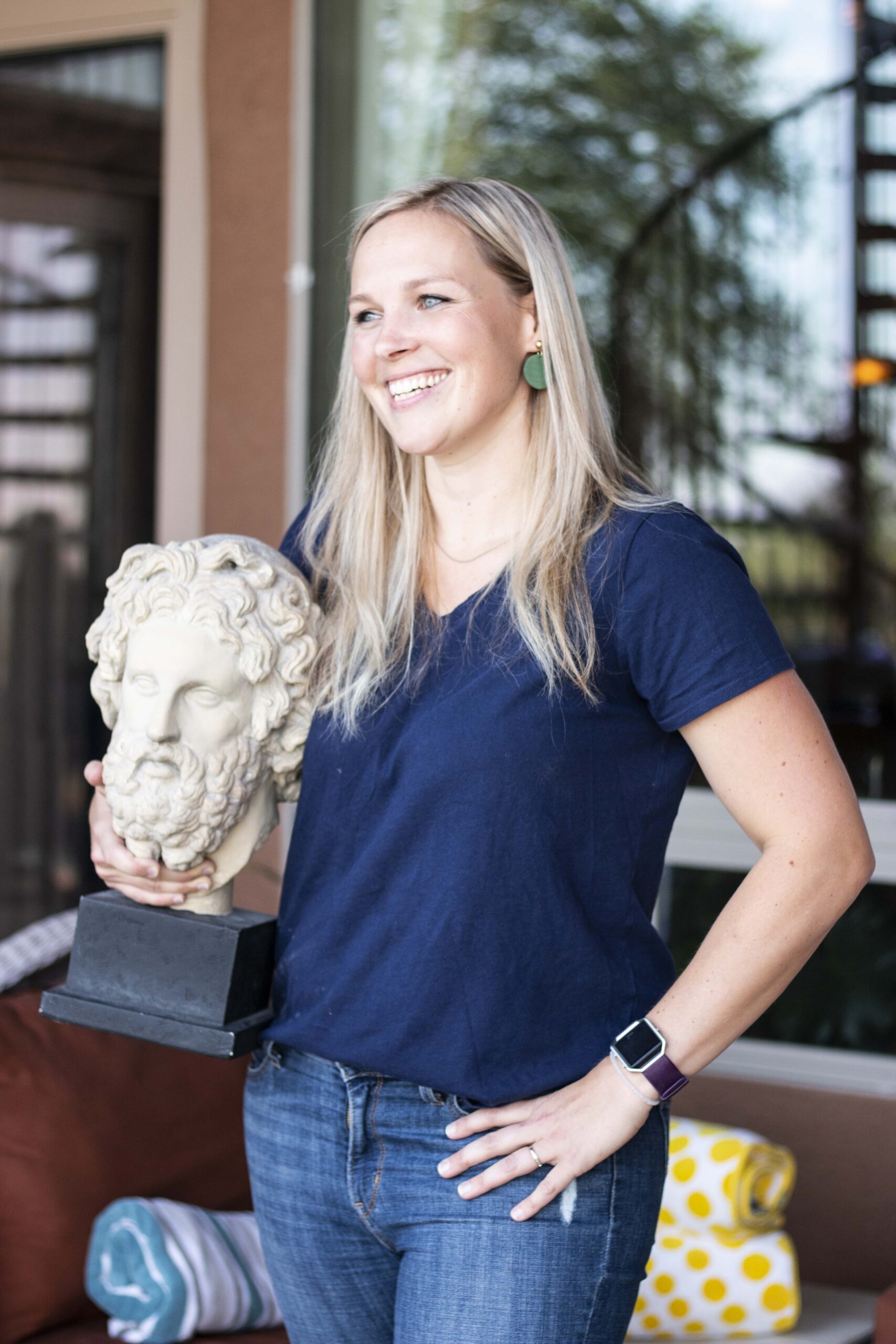
Be a part of the conversation!
Discuss this podcast with other moms inside Sistership.

